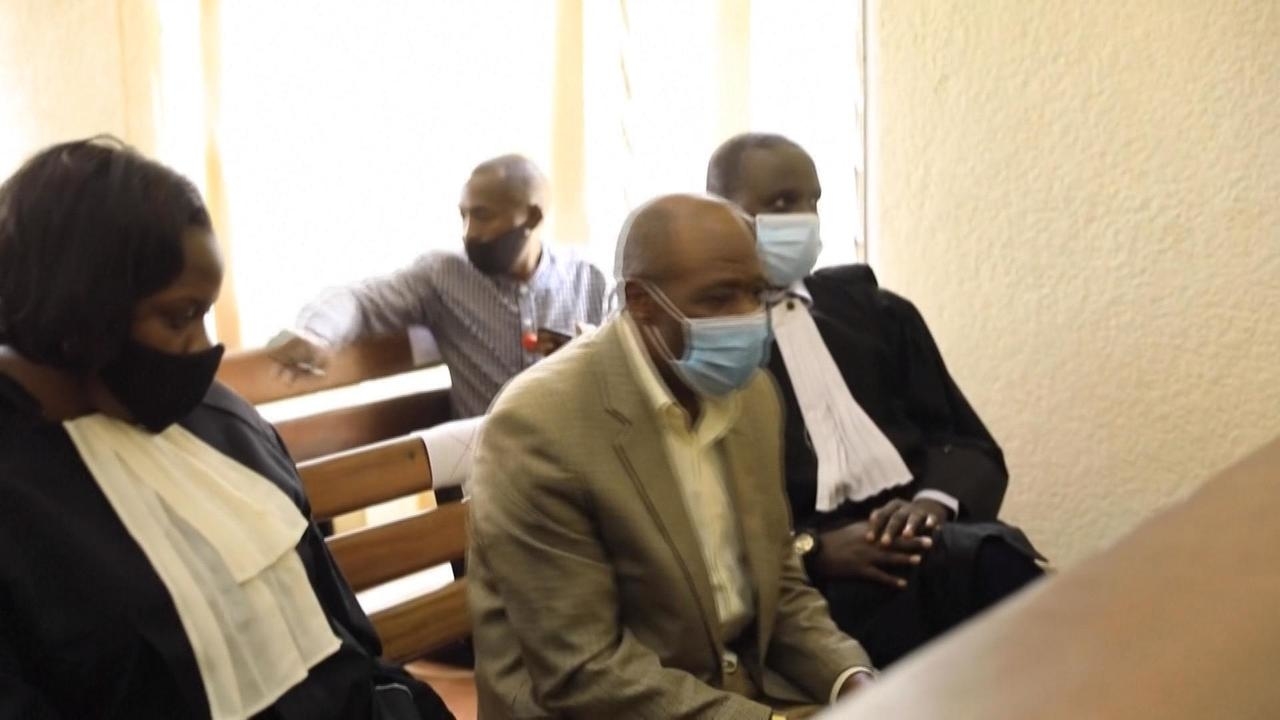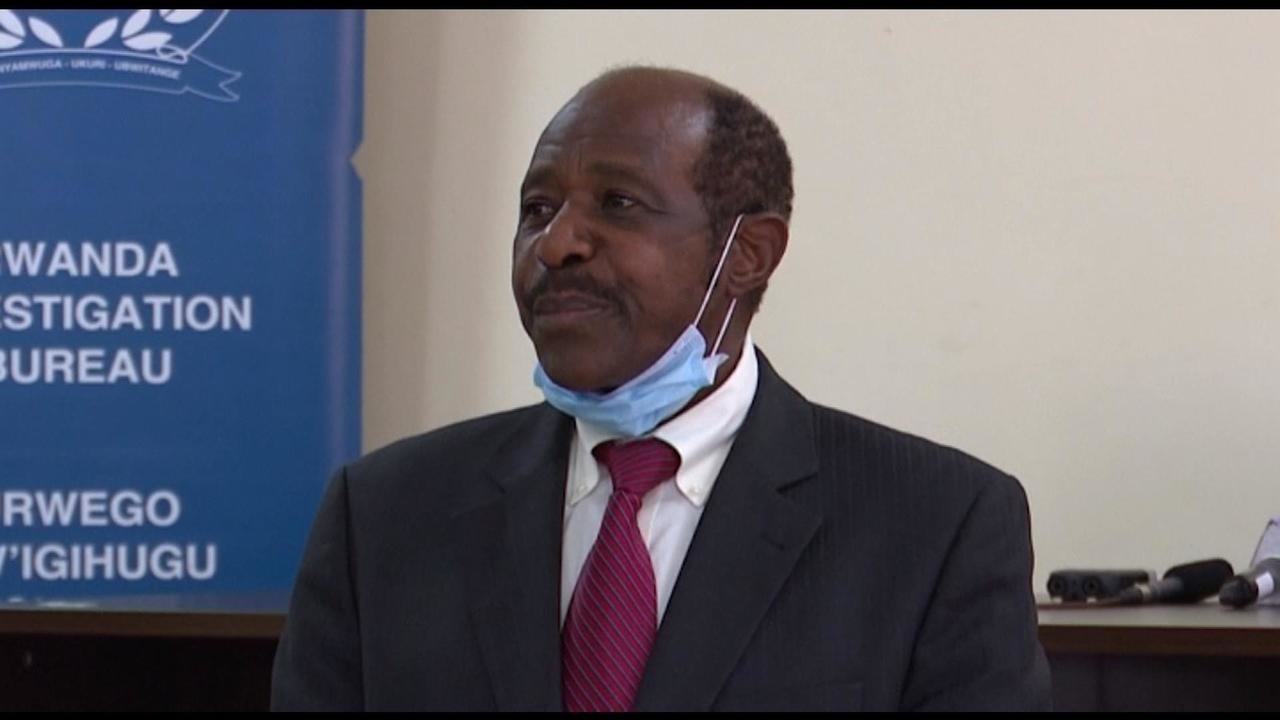Activists defiant as Uganda proposes death penalty for gay sex

Ugandan Ethics Minister Simon Lokodo, in an interview with local media Thursday, said present laws criminalizing gay sex – which in theory can come with a life sentence – were not tough enough. When asked by a presenter on local NTV why the bill is being introduced now, Lokodo said, "The penal code only criminalizes the act [gay sex]. …Now we're saying anything, like recruitment, promotion, exhibition…amounts to committing a crime against that law."CNN made several calls to Lokodo but was unable to reach him for comment. However, the Uganda Media Center Saturday released a statement from spokesperson Ofwono Opondo stating that the the government "does not intend to introduce any new law with regards to the regulation of #LGBTQ activities in Uganda because the current provisions in the #PenalCode are sufficient."
'Legalized homophobia'
Uganda made headlines in 2009 when it introduced the anti-homosexuality bill that included a death sentence for gay sex. The country's lawmakers passed a bill in 2014, but they replaced the death penalty clause with a proposal of life in prison. President Yoweri Museveni signed the bill but it was later annulled by the country's constitutional court on a technicality.Museveni told CNN in an exclusive interview in 2014 that sexual behavior is a matter of choice and gay people are "disgusting."But members of Uganda's LGBTQ community have vowed to fight this bid to reintroduce the bill.Local activism played a major role in resisting the 2014 Bill. "The bill was meant to make us go underground, but instead the community organized to fight," Clare Byarugaba, an LGBTQ activist at the human rights organization Chapter Four, told CNN.This involved petitioning the courts to repeal the law, lobbying MPs and encouraging international partners to impose economic sanctions, Byarugaba said.Byarugaba added that the community will resist "legalized homophobia" this time around, too.The activist, who headed a coalition that successfully fought the last anti-gay law and now works with the parents of LGBTQ people in Uganda, said the government is "underestimating the resilience and strength that exists within the Ugandan LGBTQ community."
'Preach love, not hate'
In a Friday statement, Amnesty International called on Ugandan MPs to "resoundingly reject any plan to legalize this kind of bigotry and witch hunting of anyone who is perceived as being different."Transgender activist Javan (officially named Ronald Mugisha) told CNN she was not surprised by the move and has also vowed to challenge the homophobic legislation."As Ugandans we have the right to be who we are," she said. "And Ugandans (need to) start respecting LGBT people. These are your children, they are sisters, they are mothers, they are brothers. … Let's not preach hate but preach love. Together we stand as the LGBT community in Uganda."Joan Nyanyuki, Amnesty International's director for East Africa, the Horn and the Great Lakes, described the move as "outrageous" and warned that it will " fire-up more hatred in an already homophobic environment."
Moral breakdown
Uganda is a socially conservative country, and in 2014 it introduced the Anti-Pornography Act which included a "mini-skirt ban." In recent years the law has resulted in the arrest of revenge porn victims.In May, Uganda's "ex-gay" community petitioned Uganda's parliament to bring back the 2014 Anti-Homosexuality Bill to "create awareness on sexual orientation," according to a statement on the parliament website. "If this Bill is re-tabled, it will help expose the extent of the moral breakdown especially with the children and the youth. We aim at promoting moral and spiritual values since they are just recruited and not born as gays or lesbians," the group's leader, George Oundo, was quoted as saying in the statement.This petition came few days after Kenya's High Court ruled to uphold its own colonial anti-homosexuality law, which was being challenged by activists.
"If this Bill is re-tabled, it will help expose the extent of the moral breakdown especially with the children and the youth. We aim at promoting moral and spiritual values since they are just recruited and not born as gays or lesbians," the group's leader, George Oundo, was quoted as saying in the statement.This petition came few days after Kenya's High Court ruled to uphold its own colonial anti-homosexuality law, which was being challenged by activists.
Arrests and attacks
Ugandan activists told CNN they have noted worrRead More – Source



